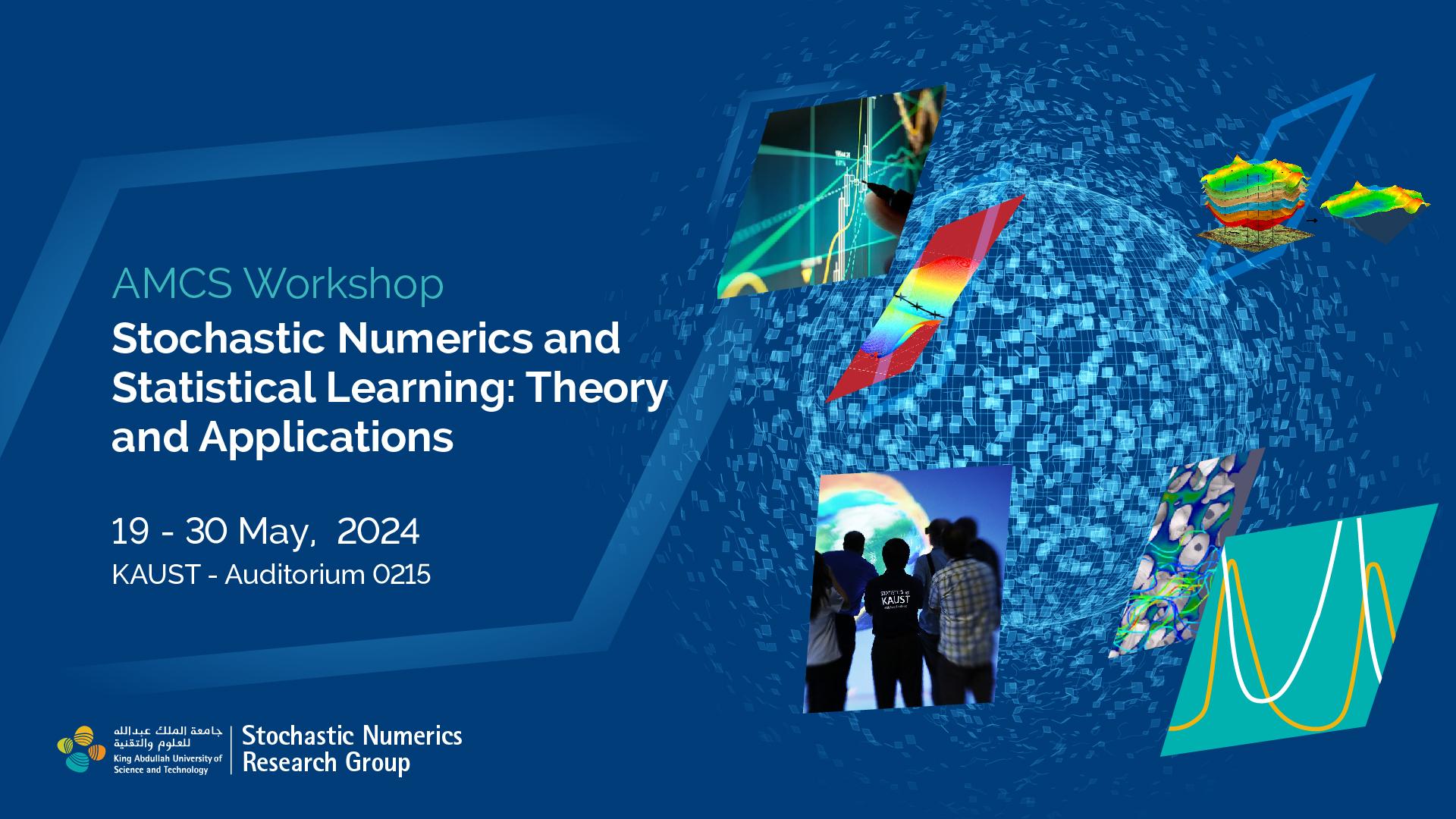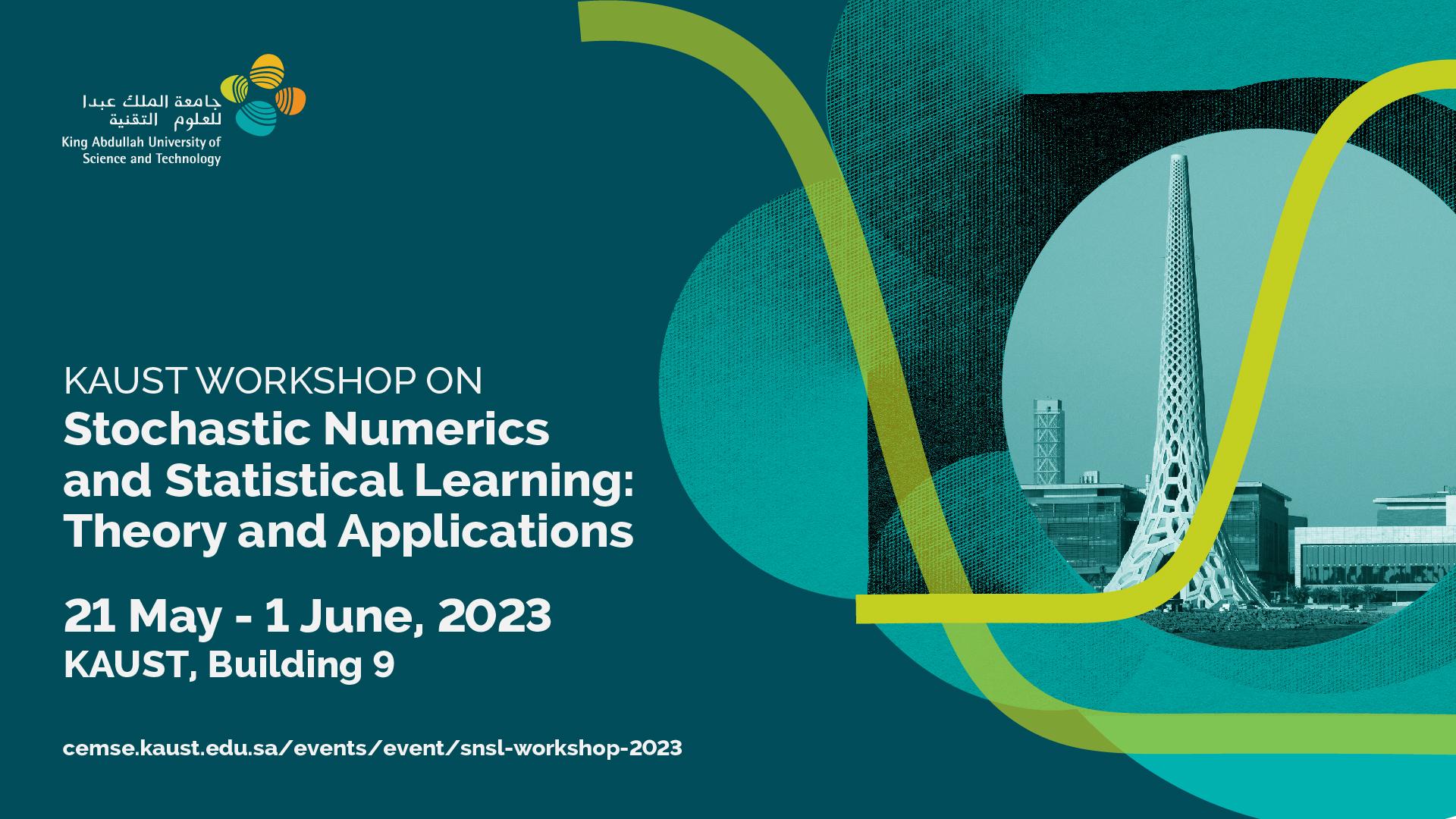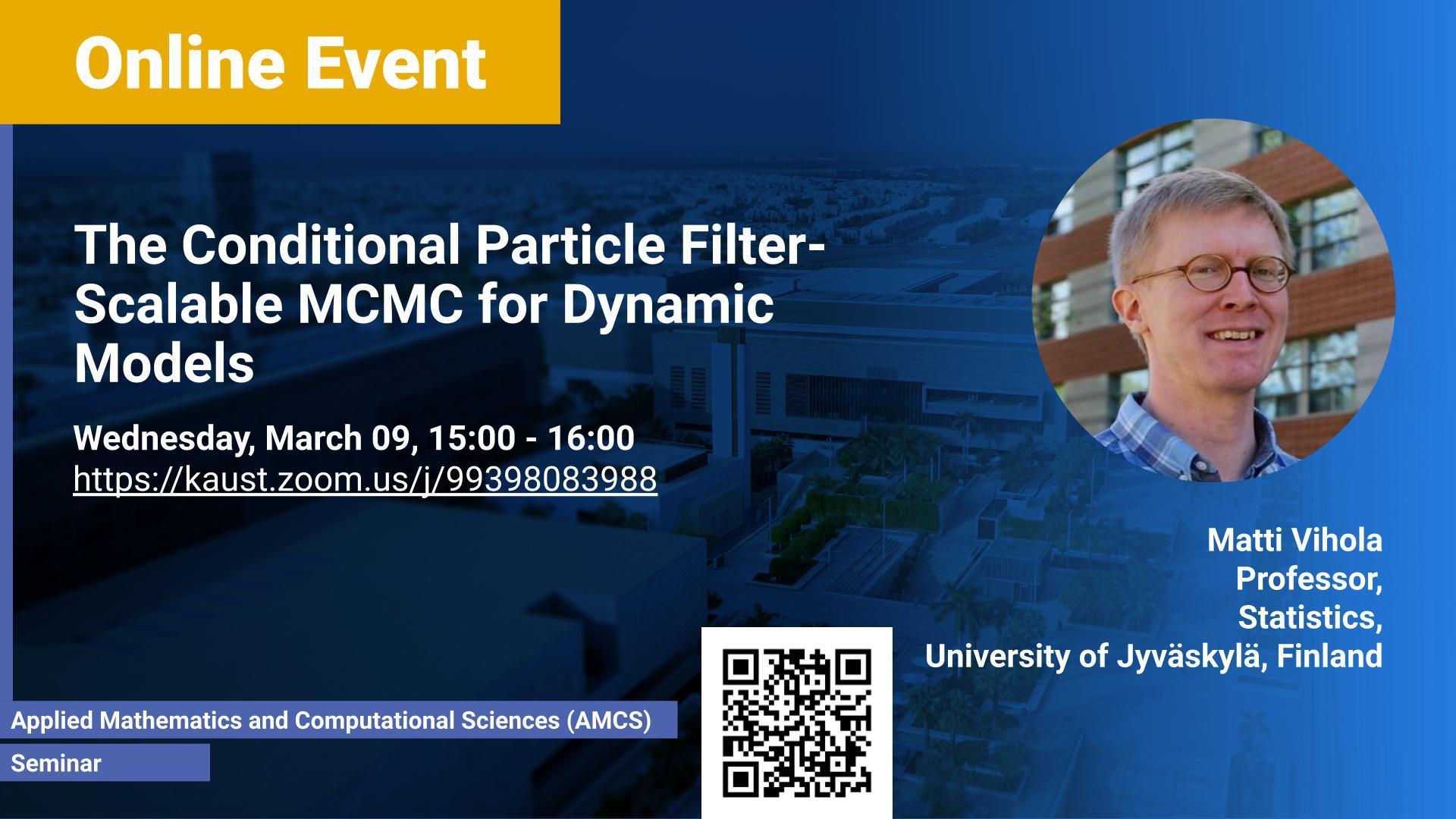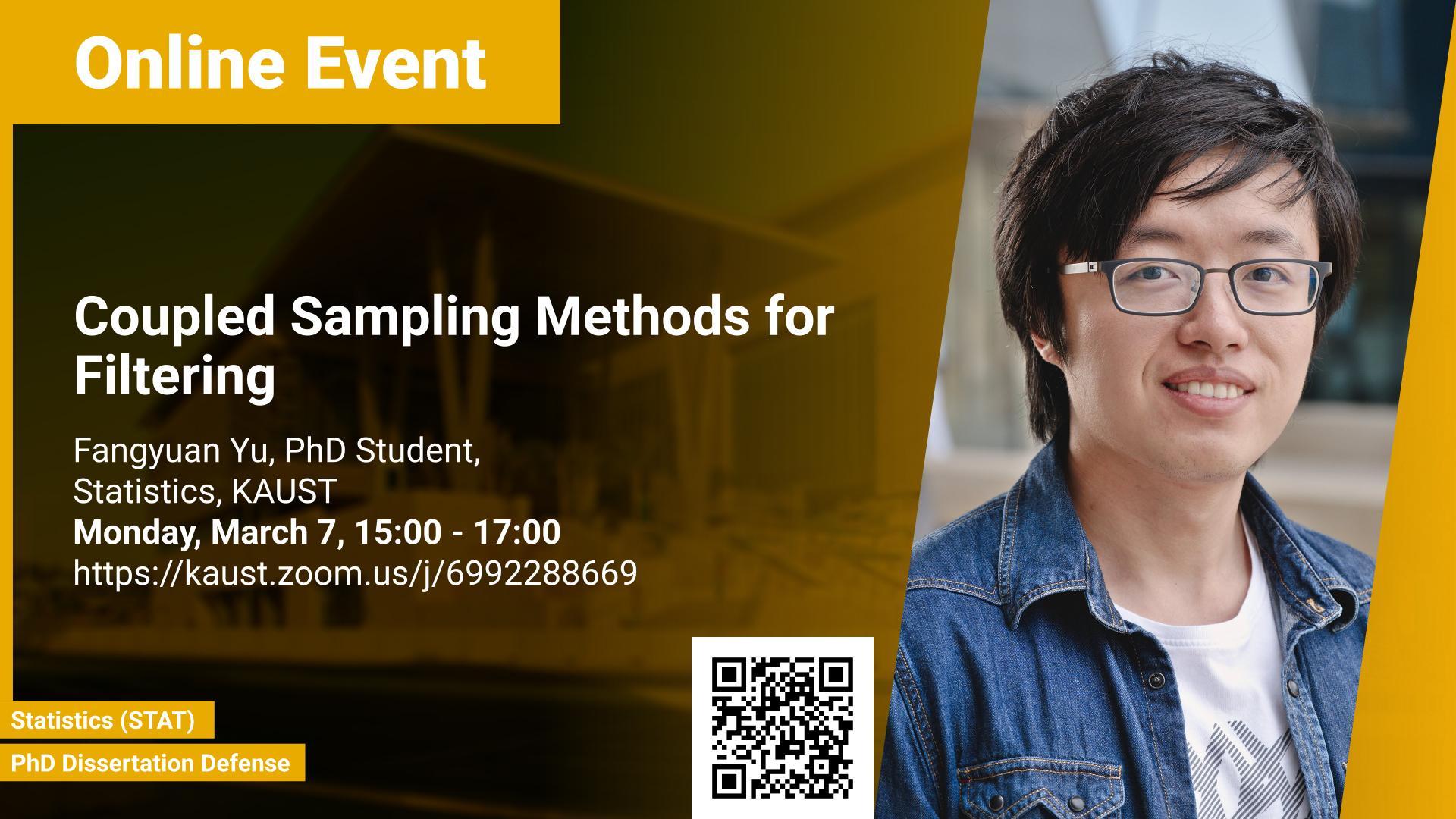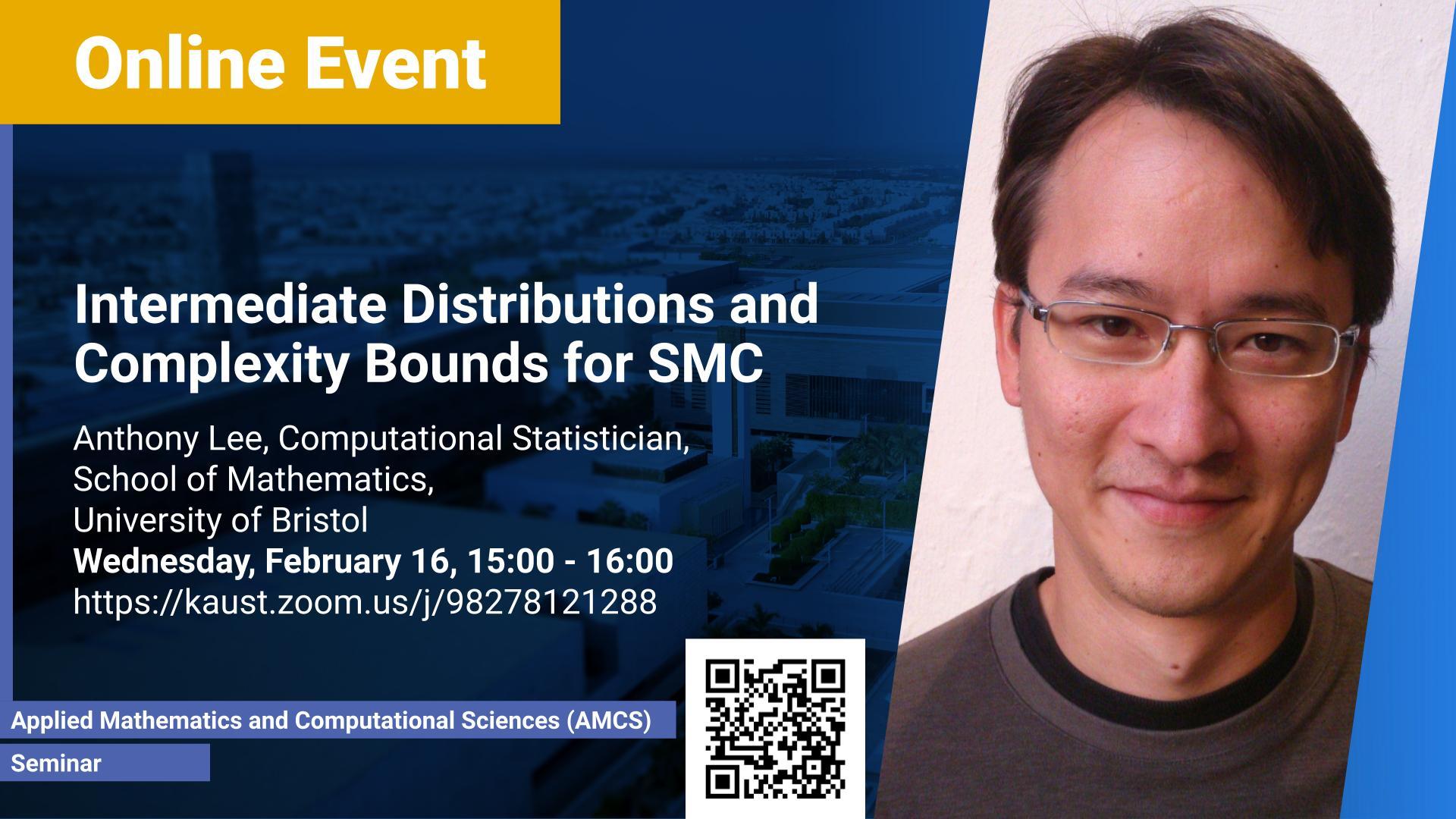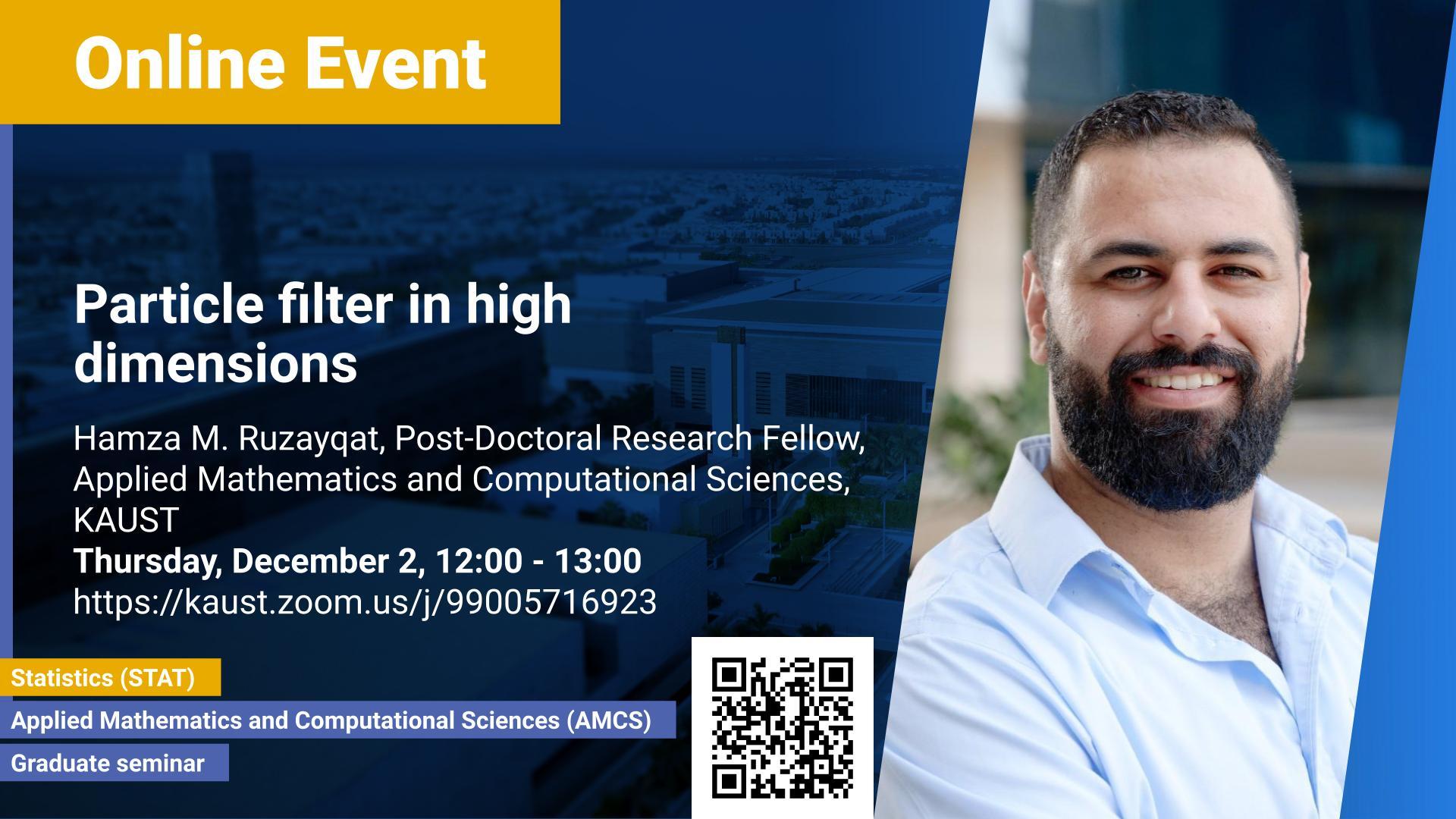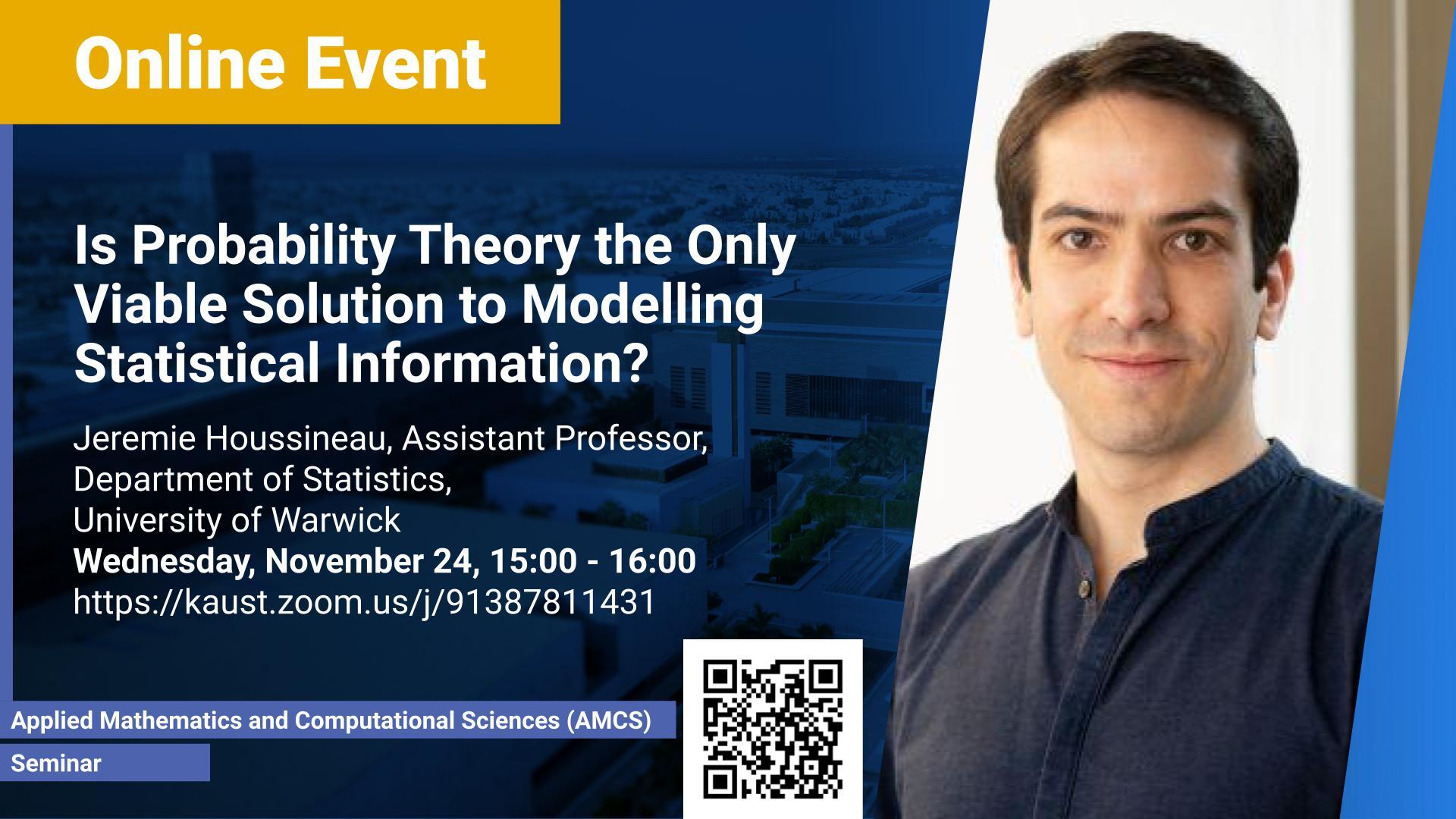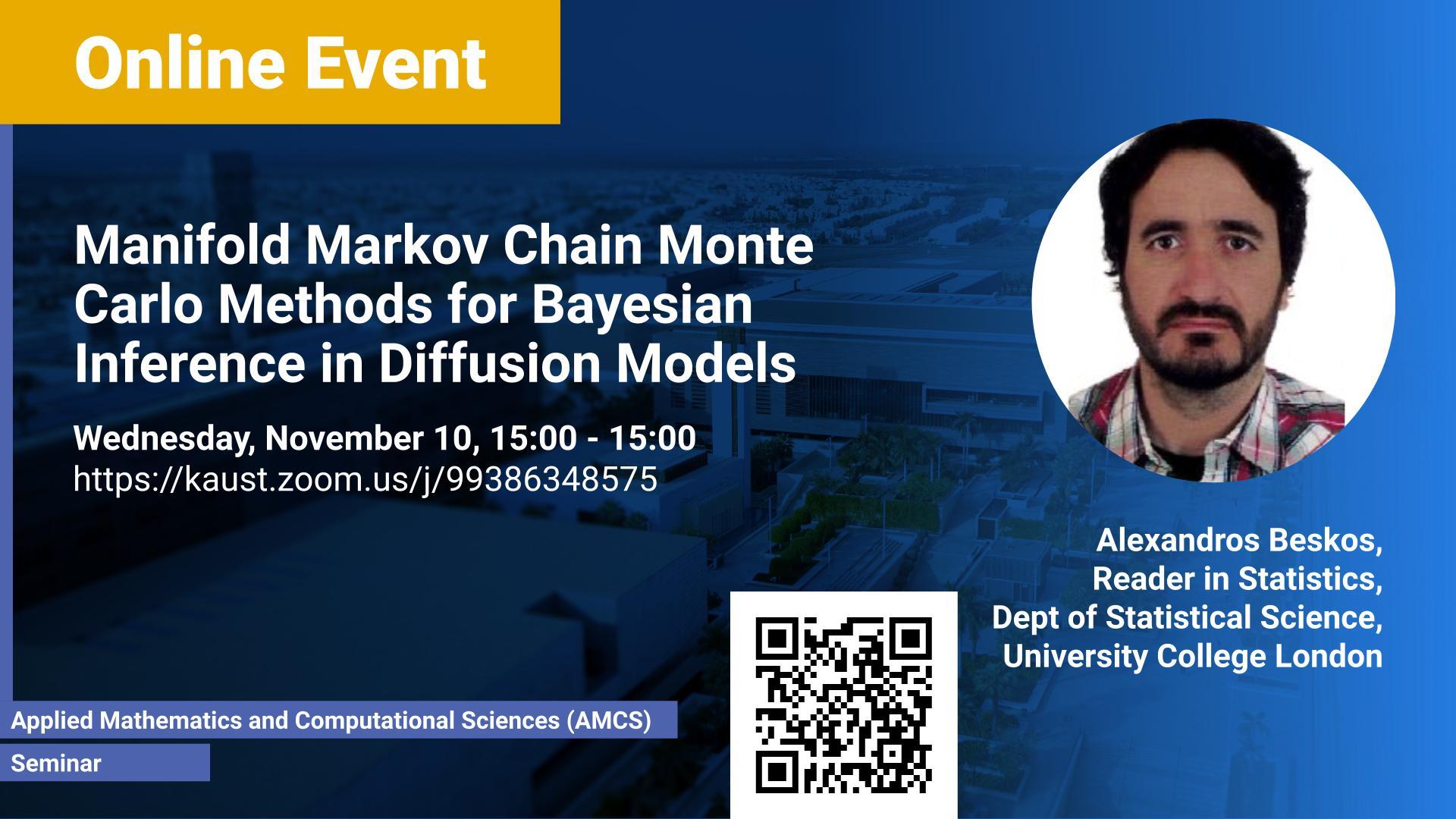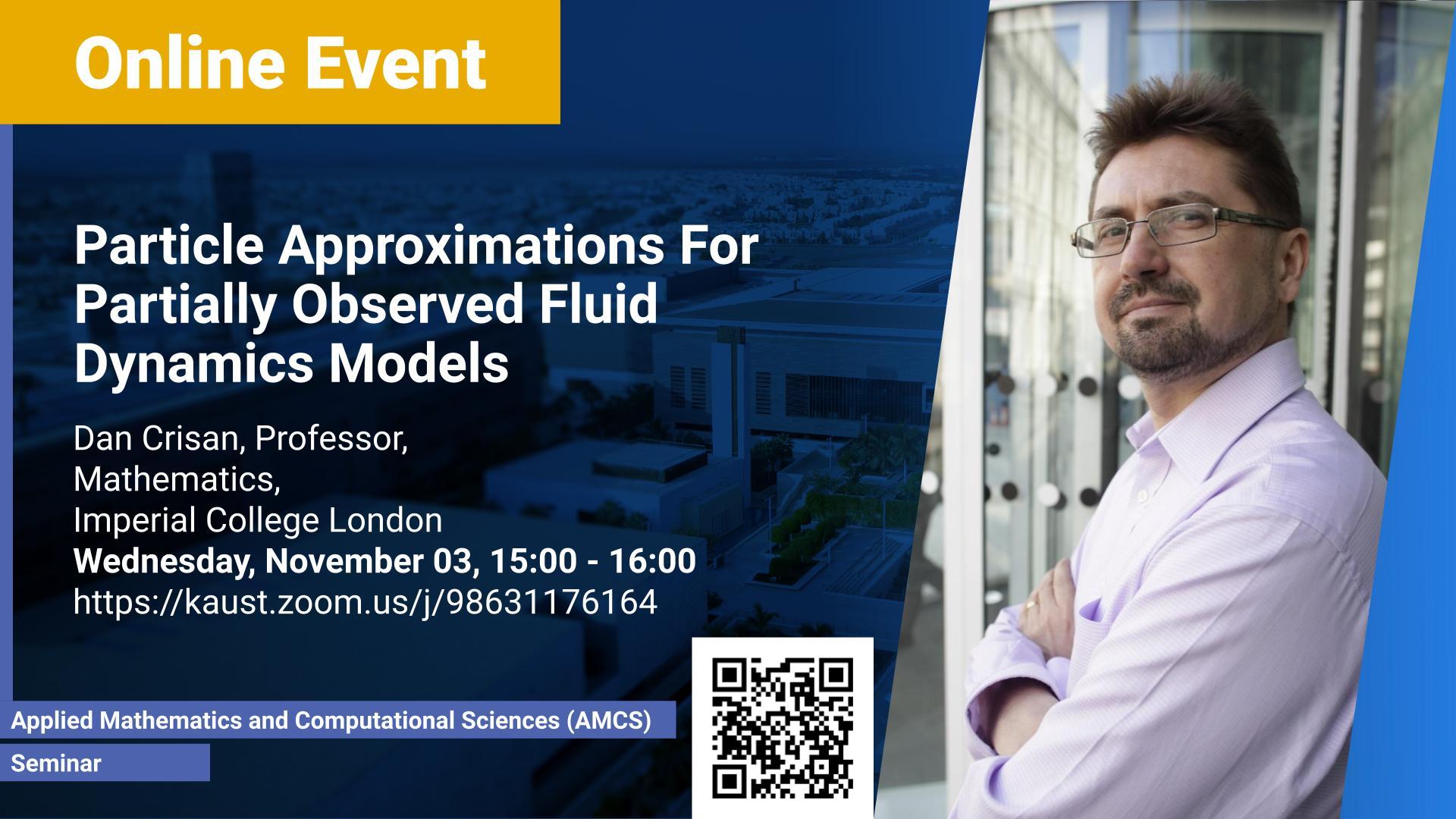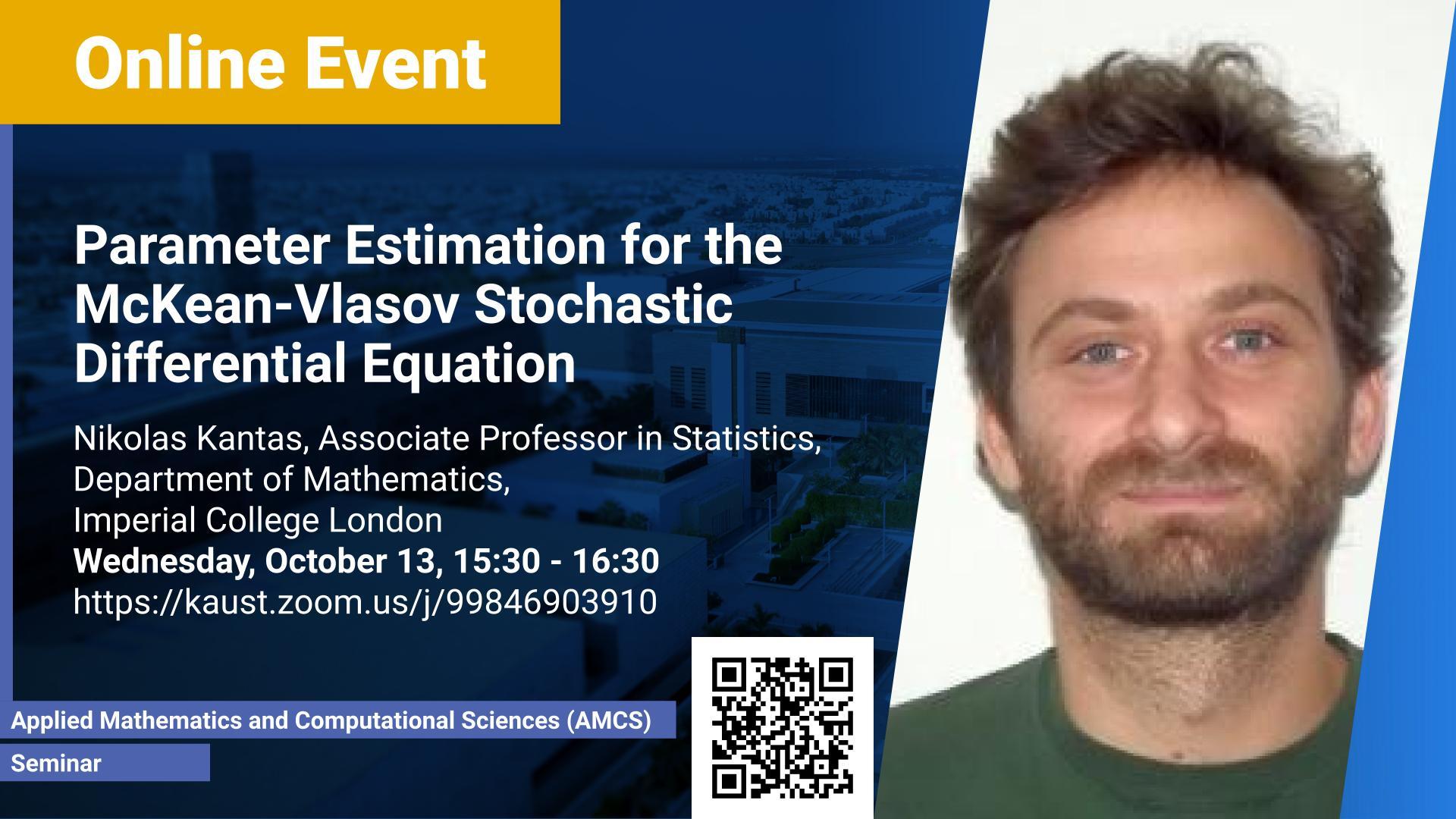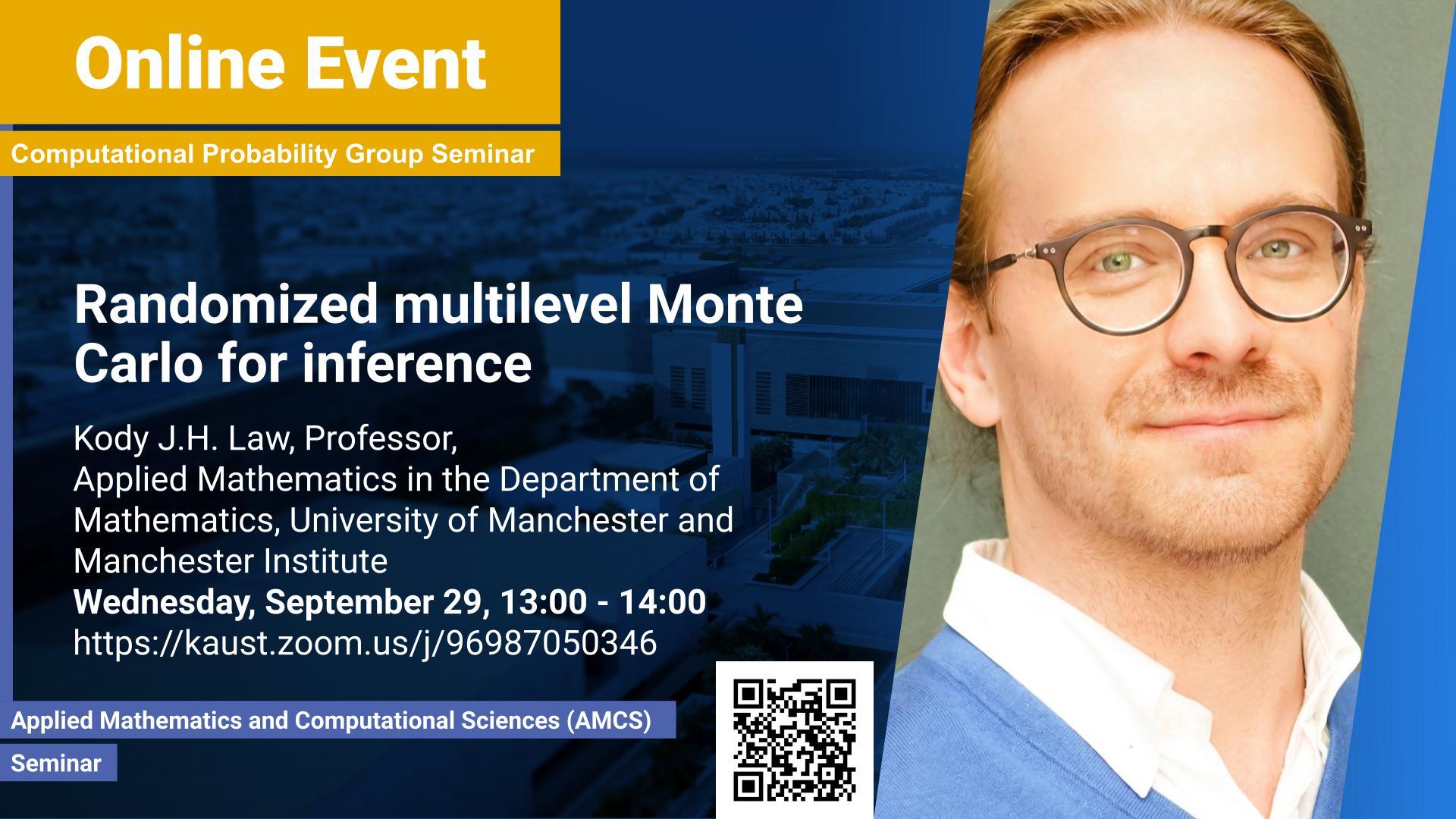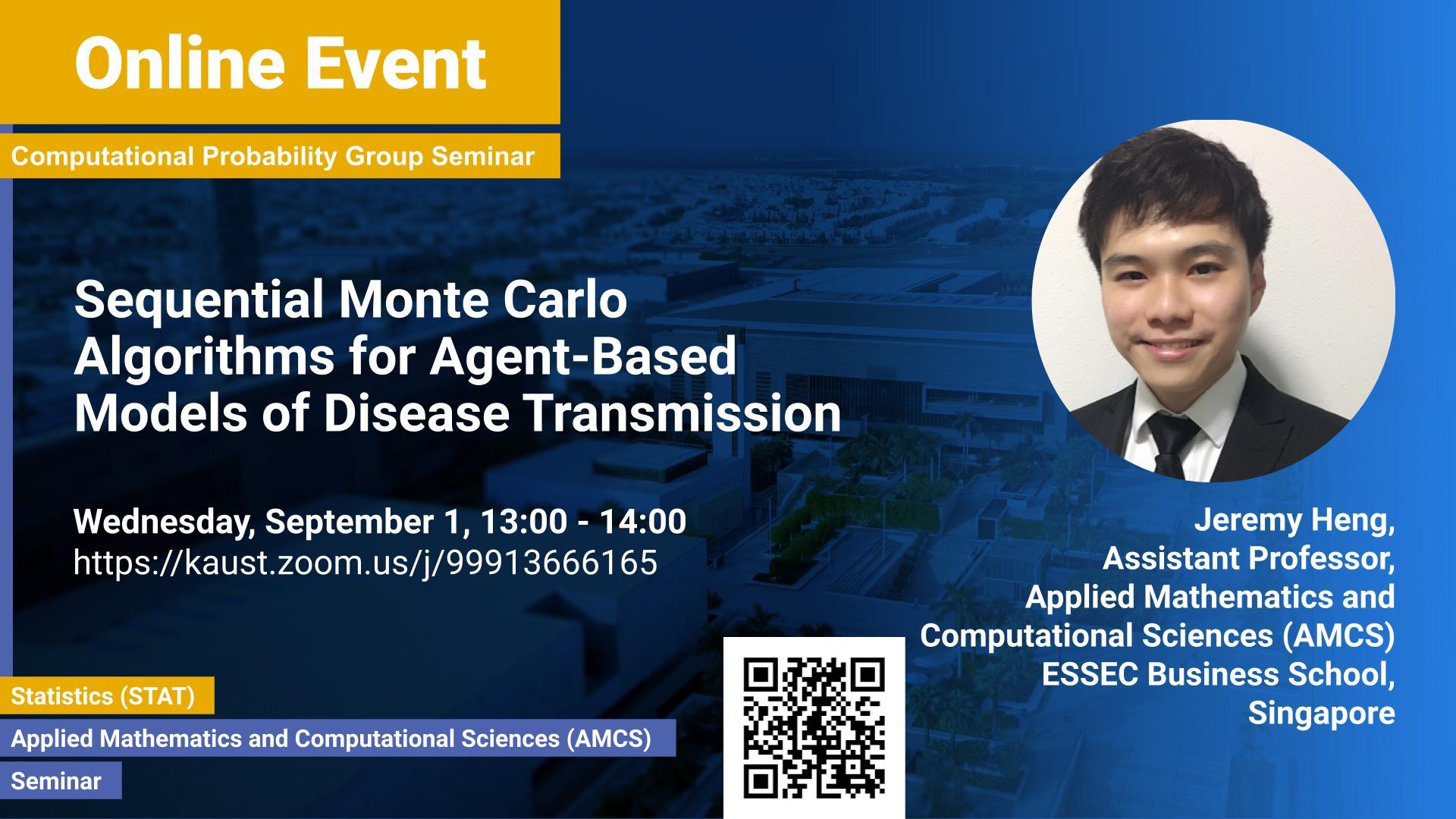Stochastic Numerics PI Professor Raul Tempone (Chair) and Computational Probability PI Professor Ajay Jasra (Co-Chair)
Sunday, May 19, 2024, 08:00
- 17:00
KAUST, Auditorium 0215
We are excited to announce the upcoming Stochastic Numerics and Statistical Learning: Theory and Applications Workshop 2024, taking place at KAUST, Auditorium 0215 b/w B4&5, from May 19-30, 2024. Following the highly successful last two years edition, this year's workshop promises to be another engaging and insightful event for researchers, faculty members, and students interested in stochastic algorithms, statistical learning, optimization, and approximation.
The 2024 workshop aims to build on the achievements of last year's event, which featured 30 talks, two mini-courses, and two poster sessions, attracting over 150 participants from various universities and research institutes. In 2022 and 2023, attendees had the opportunity to learn from through insightful talks, interactive mini-courses, and vibrant poster sessions.
This year, the workshop will once again showcase contributions that offer mathematical foundations for algorithmic analysis or highlight relevant applications. Confirmed speakers include renowned experts from institutions such as Ecole Polytechnique, EPFL, Université Pierre et Marie Curie - Paris VI, CUHK Shenzhen, and Imperial College London, among others.
